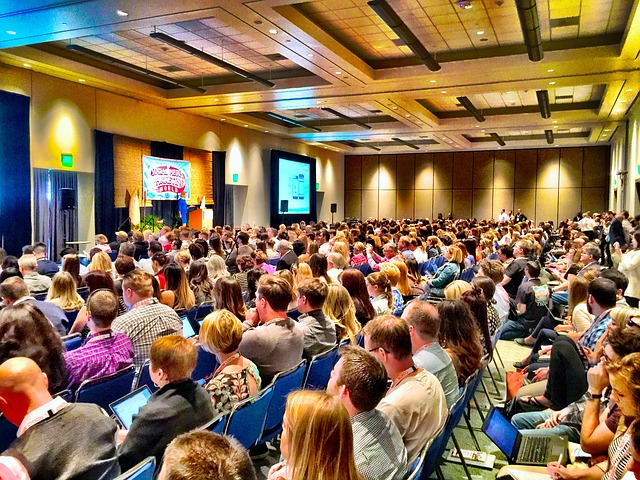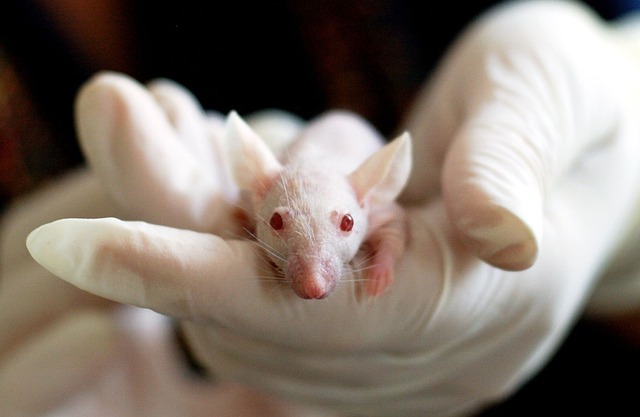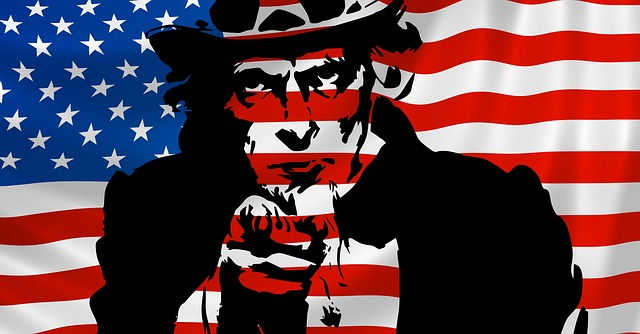-

Guild Psychology and the Secular Priesthood
Since the beginning of human history for the plurality of people, direction, purpose, meaning was given through faith and belief. Religion provided a scaffold that provided coherence to thought and action. A purpose “beyond oneself” provided a secure framework and compass for choice and action. The absence of guiding principles, a faith to live by,…
-

“To get along, go along”
An interconnected web of alliances and accommodations link education, professions, media, government bureaucracies and agencies, corporations, foundations, think tanks, lobbyists, central banks, and global elites. These groups, individually and collectively, strive for power and expansion. The motives for power and expansion borrow from primal human needs for survival. Humans in hierarchical societies align with the…
-

Star Trek –Soft Facism
Since the 1960s, attitudes, behaviors, and values in mainstream media have undergone tectonic shifts, corresponding to changes in popular culture. Whether media leads or follows popular culture or whether these are mutually reinforcing may be debated. However, little doubt exists about the importance of mainstream media to popular culture. In the days of yore when…
-

Two Approaches to Psychology
Boundary Conditions The nature of a science depends upon boundary conditions imposed to study the object of interest, so for example, cell biology establishes boundary conditions at the cell walls and cosmology, at the infinite or not so infinite universe. Likewise, psychology established boundary conditions, but boundary conditions morph depending upon the field of psychology…
-

Unintended Consequences
We are naive to believe that principle and rationality determine human conduct, and when properly educated, persons are accountable. We punish for conscious deception, fraud, and malicious intent. Otherwise by consensual agreement and common law, persons are not held accountable for unintended consequences. In a sense, the law has facilitated in rendering unconscious the evil…
-

Food as Metaphor
I know the Corporate American Empire is disintegrating when a leading Republican candidate for president accuses the Federal Reserve of near treason while the Third Party candidates who ought to be given a hearing are ignored by the corporate media. I fret about the frayed social contract in Mexico, the Middle East, Europe, and England.…
-

Brain and Mind
Cognitive neuroscience demonstrates the link between brain and mind. Change in thought, emotion, or perception is associated with activation of neural networks. Change induced in the brain through chemicals, neurotransmitters, lesions, or trans-magnetic stimulation is coupled with change in thought, emotion, or perception. Mind and brain seem so different yet isomorphic. They seem different because…
-

Flies in the Ointment of American Culture
The basic frameworks of mental operations shape the core values of society. The basic frameworks are objective, subjective, and normative. Every culture adapts its values, philosophy, and practices to accentuate one or the other frame of reference. The adoption of a “primary orientation” serves to bring coherence to cultural beliefs, attitudes, and actions. America’s “Objective”…
-

What Helps a Child toward Adult Achievement
Children are socialized from the earliest ages to language, culture, movement, attention, perception, emotional expression, expectations, values and motivations. The idea that vocation and what the child chooses to pursue is somehow external to the process of socialization is not in accord with everything that we know about the critical nature of early life experience.…
Inquiry & Opinion
